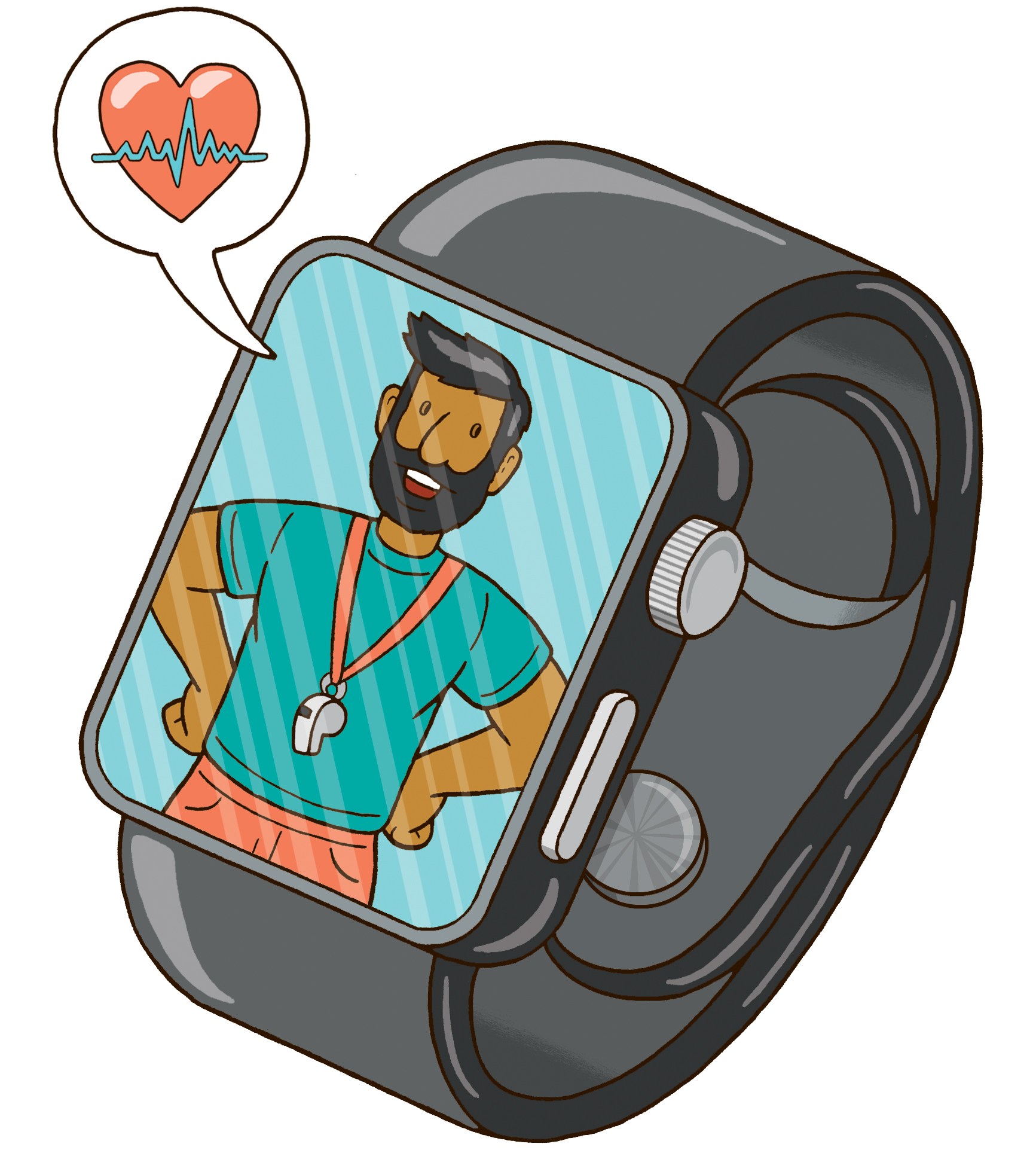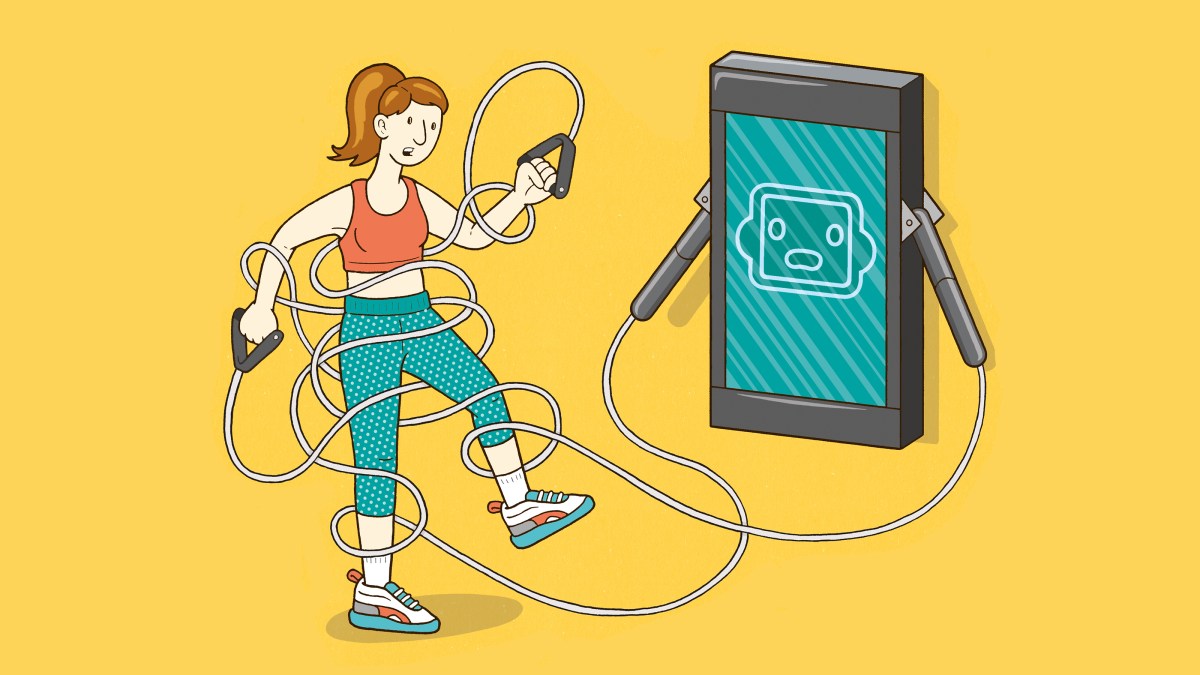AI fitness coaches are getting smarter and smarter: the latest generation of apps and wearable tech can advise on how to improve your fitness, on what to eat to support your training, and on how to recover. But can their insights really help you to train more efficiently?
1. Smart strength training
Tonal is a wall-mounted screen with adjustable cables on either side of it. This allows you to perform cable machine exercises like those you do at the gym, at home — such as bent-over rows, lateral raises and chest flys. It collects data via hundreds of in-built sensors, with an AI coach advising you when to increase the resistance to make it tougher. Tonal will also advise on imbalances in your regime, for example focusing too much on tricep extensions without also doing bicep curls.
£3,200, tonal.com
Pros
“It provides structured, progressive workouts that would typically require expensive personal training sessions. Plus, the convenience is undeniable,” says Aaron McCulloch, co-owner and director at YOUR Personal Training in Swansea.
Cons
“Without real-time form correction, people risk developing poor technique that could lead to injury. AI can’t spot a rounded back, or ensure proper shoulder positioning.”
• Can ChatGPT get you fit? Our expert put it to the test
2. Cardio calculator
HumanGO monitors your heart rate and key session stats such as sleep, resting heart rate and HRV — heart rate variability, a key measure of whether your nervous system is in good equilibrium. It provides you with live feedback while you’re running, swimming or cycling.
Free, humango.ai
Pros
“If you’re a triathlete, it’s really useful to have feedback on multiple disciplines, all without the need of an IRL coach,” says Dr Nicolas Berger, senior lecturer and expert in exercise physiology at Teesside University. “This can help reinforce training consistency and progression.”
Cons
“Algorithms cannot factor in wider life context: stress, illness or mental readiness,” Berger says. “There’s a chance it overpromises — an athlete-coach relationship requires trust and tailored psychological support, not just data.”
• Lost weight lately? 21 rules to keep it off —by the experts
3. Digital diet plan
The Athlete’s FoodCoach can create meal plans for you. You can sync it up with exercise tracking apps such as Strava in order to ensure you are fuelling up properly in order to train.
£60 a year, theathletesfoodcoach.com
Pros
“The integration between exercise and nutritional data provides insights that would typically require expensive sports science support, in theory aiding performance and recovery times,” McCulloch says.
Cons
“Food is about more than fuel for most of us, though. An app might ignore cultural preferences, social dining situations and the psychological aspects of eating — all of which can make advice like this difficult to adhere to in reality.”

PHIL HACKETT FOR THE SUNDAY TIMES MAGAZINE
4. Ask ChatGPT
ChatGPT is free and easy to use, with prompts such as “Do I need to exercise today?” returning suggestions on checking how your body feels, and information on how exercise can positively impact mental health.
Free, chatgpt.com
Pros
“I co-authored a study on language learning models like ChatGPT in sport and we found that for the most part, they were safe and likely to be effective,” says Carl James, assistant professor at the department of sports and health sciences at Hong Kong Baptist University. “The answers you get depend on the quality of the input prompt, but it’s worth remembering that these services are continually adapting and learning.”
Cons
“Generic advice lacks personalisation and context,” McCulloch says. “AI cannot assess your form, understand your injury history or account for your specific circumstances. Also, the output it provides is only as good as the input — simply asking it to ‘Make me a diet plan’ is too generic and simply won’t cut it.”

